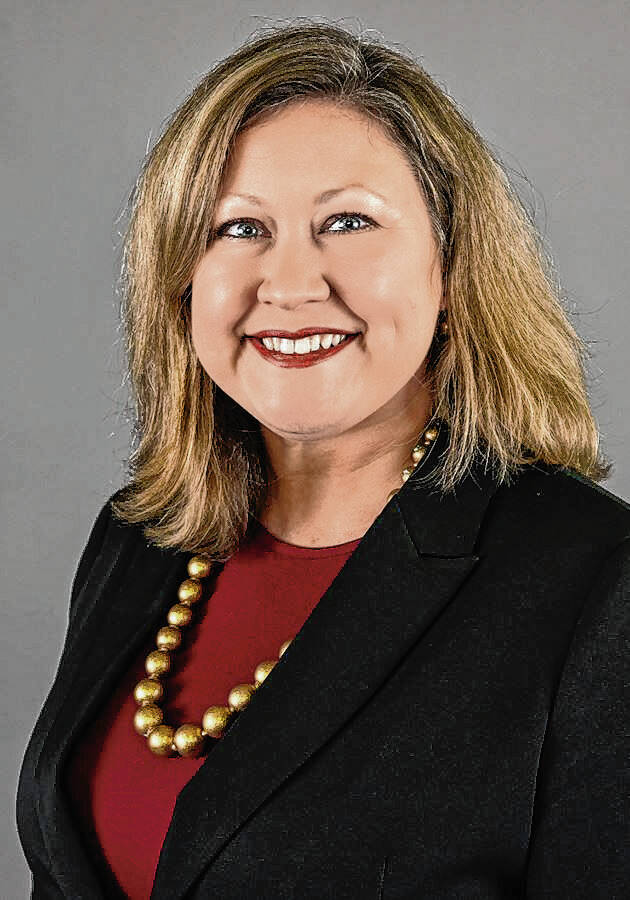
By Jessica Love
What do you typically think of when you hear the term “long COVID”?
Extreme exhaustion, brain fog, dizziness, difficulty breathing or chest pain, perhaps?
What about soaring inflation, a wildly competitive job market, an immobilized homebuyer market, an escalating rental housing crisis or growing mistrust in government’s ability to address the underlying issues causing all of these symptoms?
As serious as actual long COVID can be for the individuals experiencing the enduring symptoms, the wide-scale impact for the public of not addressing the root causes of these economic long COVID symptoms could be devastating. And I’m not suggesting we can go back and make COVID never happen.
Instead, we’re left to resolve the nonmedical pre-existing conditions of long COVID the good old-fashioned way. We need to dial into the new lifestyle of healthy diet and exercise and regular checkup equivalents that counter the economic disaster that we find ourselves in. If we’re doing that, we’re more likely to see and then quickly respond to the issues at hand, rather than let them linger.
So what might those be?
In my world of community economic development, it only takes a quick look at potential conference session titles and descriptions for sector-specific learning opportunities to get a flavor of what the salves might include.
They include topics around: Expanding affordable housing options, getting more capital to “risky” startups, Black community wealth-building, increasing consumer protections, empowering women in the workforce through benefits and policies that increase retention and creating banking products that invite people into the economic mainstream who may have previously strayed from it.
If we had focused more and invested more deeply in these types of solutions ahead of the pandemic, we’d likely be talking less about recovery and more about the resiliency of our economy today.
To quote one of the session descriptions I scanned: If this recovery is to be more equitable than past ones, then we need to meet our underserved communities where they are.
Another said it this way: If racial gaps in wealth continue to persist at current levels, the suffering they cause in our nation will increase alongside rises in demographic diversity. A less-white country where few non-white people have resources is a poorer, less equal and less productive country. This will lead to further inequalities, inequities and social strife, amplifying existing challenges and potentially threatening the foundations of American democracy.
Is this really what we want?
Well, unless we’re suffering from a denial-rich brain fog, I imagine not.
But for now, we’re left to create the economic resiliency for the future that we wish we’d had before we first started hearing rumblings of that little known virus three years ago today.
At Prosperity Indiana, we’re framing our resiliency explorations at our 2023 summit around the importance of health (quality of life), wealth (quality of opportunity/financial empowerment) and housing (quality of place) as well as investing (time, intention and financial resources) in the nonprofit ecosystem that backbones far more of the growth of our economy than it has ever been given credit.
And maybe, just maybe, if we really meet this rebuilding/recovery/resurgence moment well, more equitable and more resilient practices will help us land more softly when the next crisis comes. That’s my professional opinion anyway.
Jessica Love is executive director for Prosperity Indiana, a statewide membership organization for individuals and organizations strengthening Hoosier communities. This commentary previously appeared at indianacapitalchronicle.com. Send comments to [email protected].
